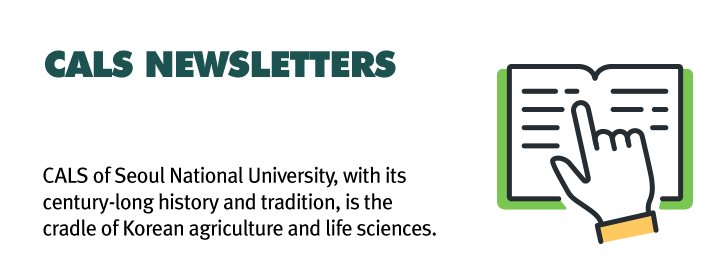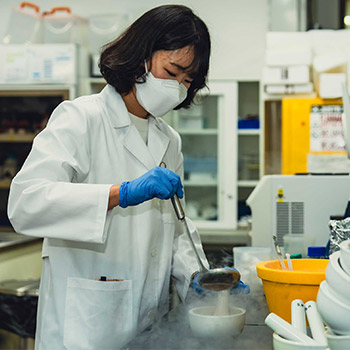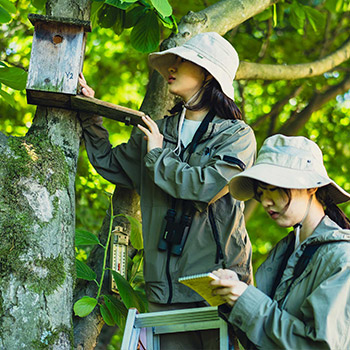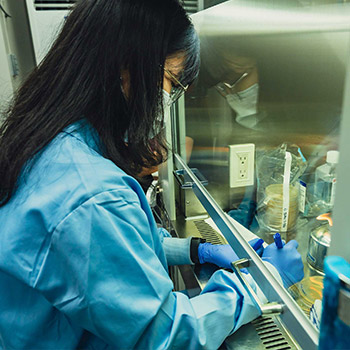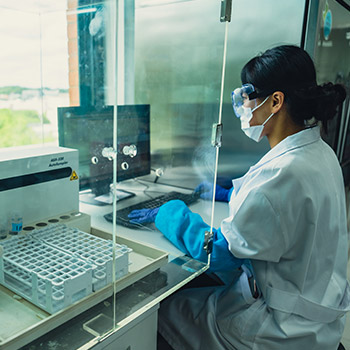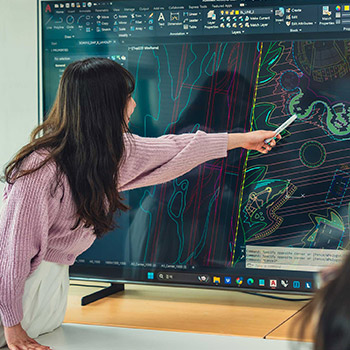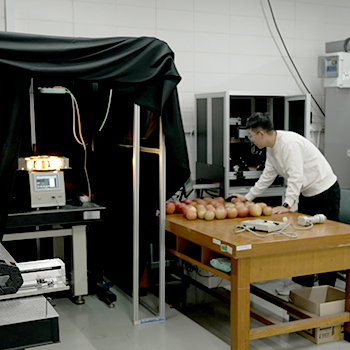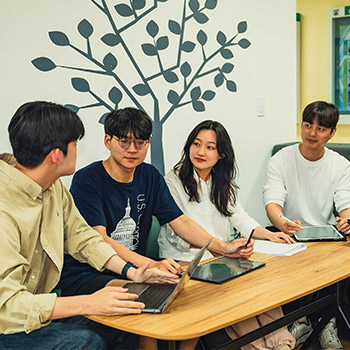Agriculture and food production is an important issue in the modern world. In particular, the recent increase in the price of agricultural products has led to a growing interest in agriculture and food. This growing interest indicates that agriculture is one of the most promising industries in the future.
Based on the interest in agriculture, the College of Agriculture and Life Sciences' student capacity development program, 'Special Lecture on Agriculture and Life Industry', held its 30th edition and invited Shin Jaeho, CEO of LS Mtron, as a lecturer. Mr. Shin spoke about the problems of agriculture and the possibilities of agriculture as seen in the field through LS Mtron's projects.
Mr. Shin began his lecture by saying that he is an '81 graduate of Seoul National University, Department of Business Administration, and was fortunate to become the CEO of LS Mtron after working for several companies. Let's take a closer look at what Mr. Shin delivered at the special lecture on the agriculture industry.

1. What kind of company is LS Mtron?
LS Mtron is one of the largest conglomerates in South Korea, specializing in manufacturing machinery for agriculture and forestry. LS Mtron's name, "Mtron," is a combination of its machinery and electronic components businesses, with "M" representing machinery and "tron" representing electronic components. The name reflects the company's industry and business characteristics.
LS Mtron emphasized the machinery industry in the special lecture. In particular, among various agricultural machinery, tractors were mentioned as the most representative agricultural machinery. The company entered the tractor business in 1997 and has since expanded its influence beyond Korea to the U.S., Brazil, and China, playing a leading role in the global agricultural machinery industry from its Jeonju plant in South Korea.
Mr. Shin explained that LS Mtron is leveraging its internationally recognized technology to collaborate with global agricultural machinery companies, and is striving to provide various innovative solutions that can revolutionize agriculture globally beyond supplying tractors.
2. Value-added agriculture
High-value-added businesses are those that can generate sustainable profits based on differentiated technology. In this special lecture, two ways to transform agriculture into a value-added business were discussed.
The first is the globalization of agriculture. In other words, Korean agriculture, which is centered on domestic demand, should develop an export industry based on domestic demand so that financial resources can flow into rural areas. By developing export industries, agriculture can be globalized and financial resources can flow into rural areas, attracting people and preventing the disappearance of agriculture.
The second is the industrialization of agriculture. In terms of industrialization, modern Korean agriculture has few centers of gravity, and individual farming is practiced. If it becomes more industrialized, agriculture can become more efficient, such as converting agricultural waste into energy.
What is the most effective strategy for exporting agriculture to the world? LS Mtron's agricultural export strategy is autonomous tractors. Autonomous tractors can work regardless of the weather or time of day, and they produce more crops for the amount of oil they consume. This will help to further fulfill domestic demand with domestic production while exporting agricultural products to overseas markets.
It can also transform agriculture into a high-value-added business by encouraging product users to choose the same company's products in the future. This will help to prevent the disappearance of rural areas in South Korea by injecting financial resources into rural areas.
LS Mtron explained that in addition to autonomous tractors, it is working to prevent the disappearance of rural areas by activating 'Kauitsu', a farmer application that manages baled silage, and a communication platform for agriculture.
LS Mtron explained that in order to turn agriculture into a high value-added business, agriculture needs to be industrialized. Korea has a 0.01% energy-to-energy ratio for agricultural waste such as pig manure, which is very low compared to Denmark, which has a 30% energy-to-energy ratio, and Germany, which has a 7.5% energy-to-energy ratio. A higher energy-to-energy rate would make agriculture more efficient.
This low rate is due to the fact that Korean agriculture is not industrialized. Agriculture in South Korea is carried out by individual farmers, each with their own farming practices. LS Mtron found this empty center of gravity and saw the possibilities. LS Mtron is trying to create an industrialized, high-value-added business by building an infrastructure called resource utilization and reinvesting the energy and heat from this infrastructure into agricultural systems such as smart farms.
LS Mtron is trying to build an expanding ecosystem based on autonomous tractors, agricultural communication platforms such as 'Kauitz', and a system that enables the energy from agricultural waste to be reinvested. Such an ecosystem will require precise business structuring, continuous investment, and active participation of farmers. Mr. Shin concluded his lecture by emphasizing that LS Mtron will achieve high value-added in Korean agriculture by attracting the necessary continuous investment and accurate business structure.
Through LS Mtron CEO Jaeho Shin's lecture, it was clear that agriculture can grow innovatively by building a new ecosystem. Agriculture, which had a stagnant image in the past, will now open up new possibilities and create the future. It will be important to watch LS Mtron's plans and work together for better agriculture and a better future.

